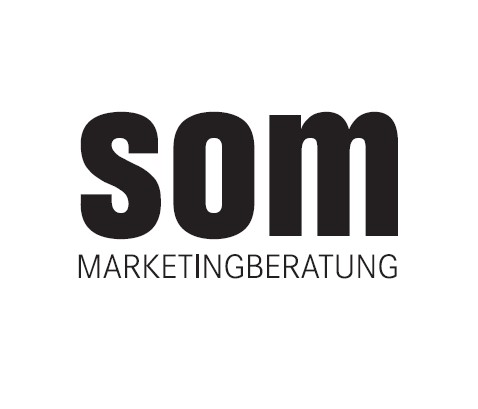Co-Branding: Bier und Traktoren
Ja das gibts.
Die Allgäuer Aktienbrauerei Kaufbeuren AG führt neben mehreren Spezialbieren (und es gibt Einige!) auch ein Fendt-Bier! Was laut Website der Brauerei „aus einer “Laune” heraus zum Fendt-Feldtag in Wadenbrunn entwickelt wurde, hat sich in Form von 3 Bieren, dem Dieselross-Öl, dem Ernte-Gold und dem Vario-Weizen, fest etabliert. Für die Preußen und die nicht agraraffinen Leser, Fendt ist ein deutsches, oder noch besser allgäuerisches, Traditionsunternehmen aus Marktoberdorf, das seit 1930 Traktoren herstellt. Bereits sehr früh etablierte sich die Bezeichnung „Dieselross“ für diese Maschinen, die Pferde als Zugtiere nach und nach ersetzen sollten.
Wie bereits angemerkt, sind beide Marken – Fendt und die Allgäuer Aktienbrauerei fest im Allgäu verankert und blicken auf eine lange Historie. Ein idealer Ansatzpunkt um beide Produkte, die wie Arbeit und Feierabend ineinander übergehen gemeinsam zu vermarkten. Interessant ist hierbei, dass der Aktion wohl kein streng geplanter, detaillierter Marketingplan zugrunde lag, sondern das Dieselross-Öl vielmehr auf einem PR-Gag beruht. Der aber von den Konsumenten sehr positiv aufgenommen wurde, so dass die große Nachfrage der Konsumenten letztlich den Ausschlag gab, dieses Biersegment auf nunmehr 3 Biere auszuweiten und bis heute erfolgreich zu vermarkten.
Und schmecken tut es obendrein!














